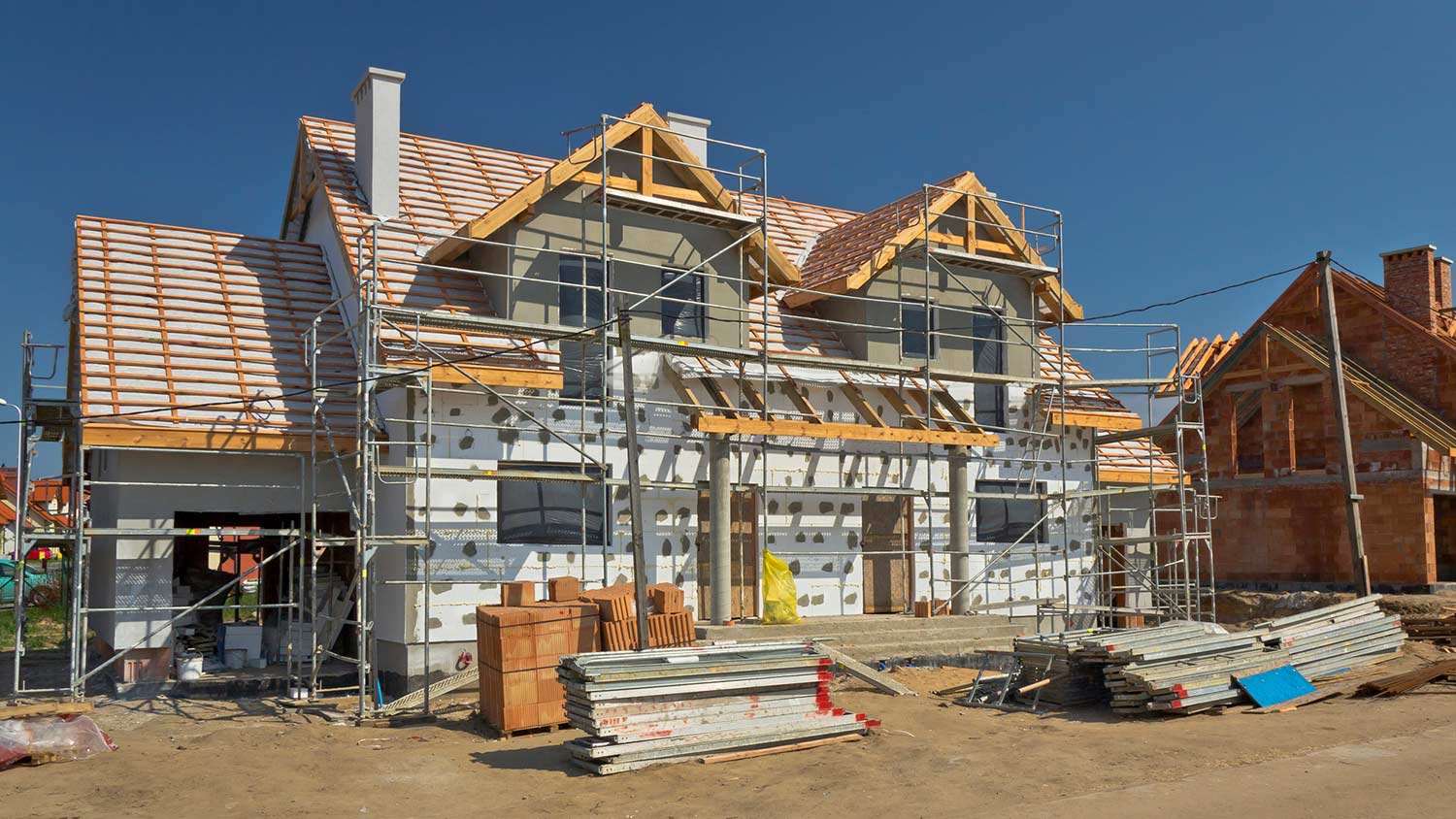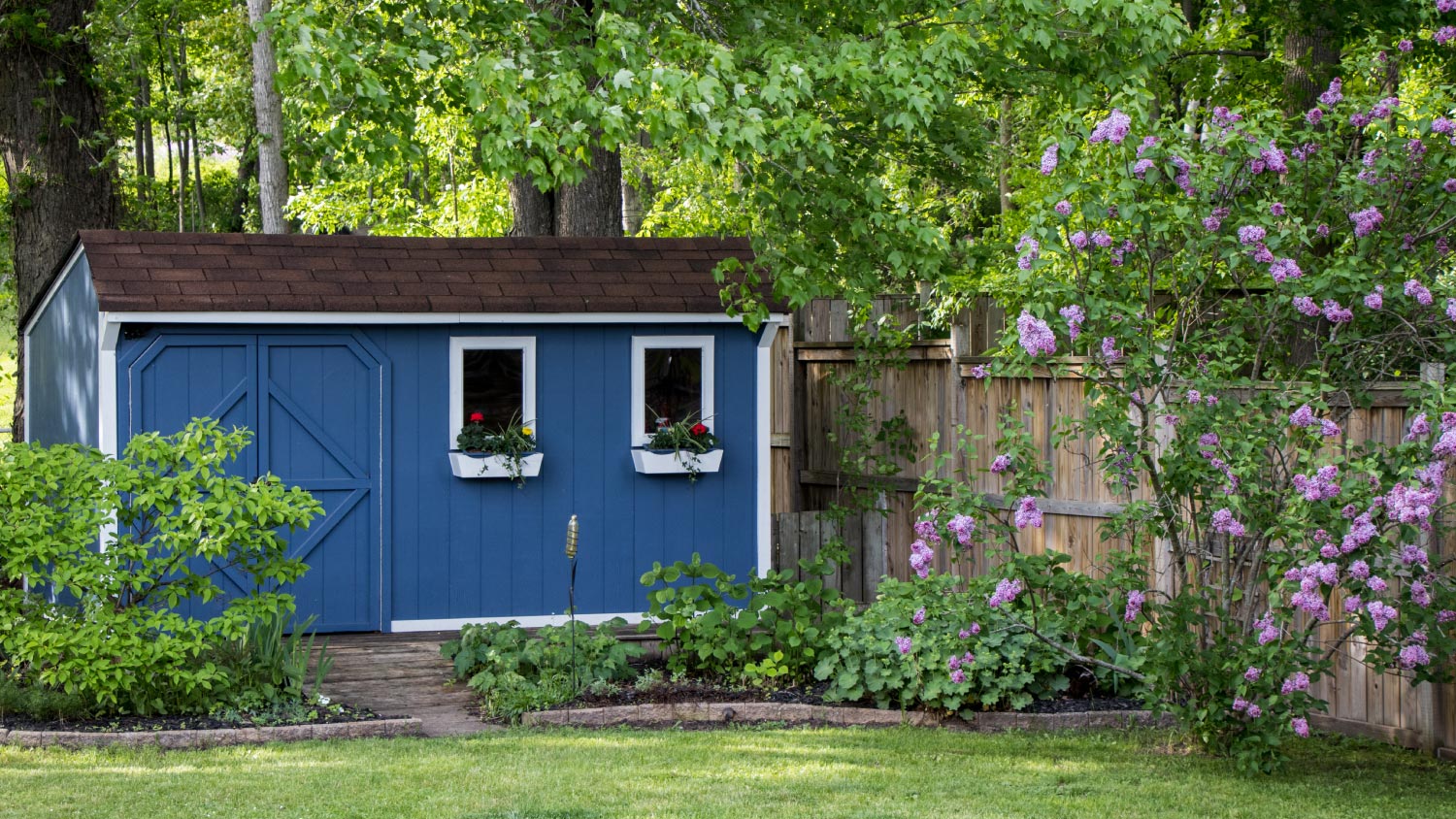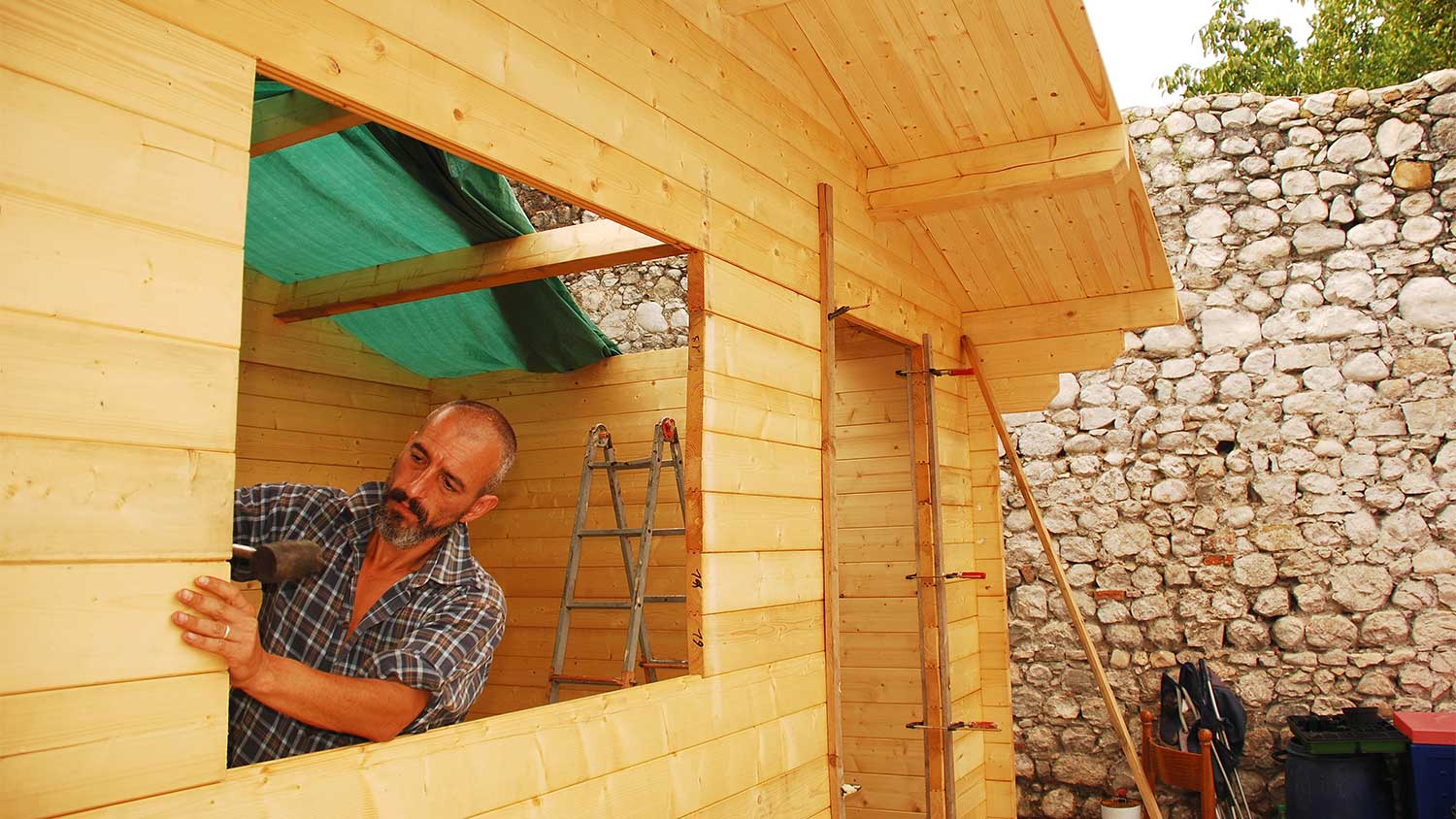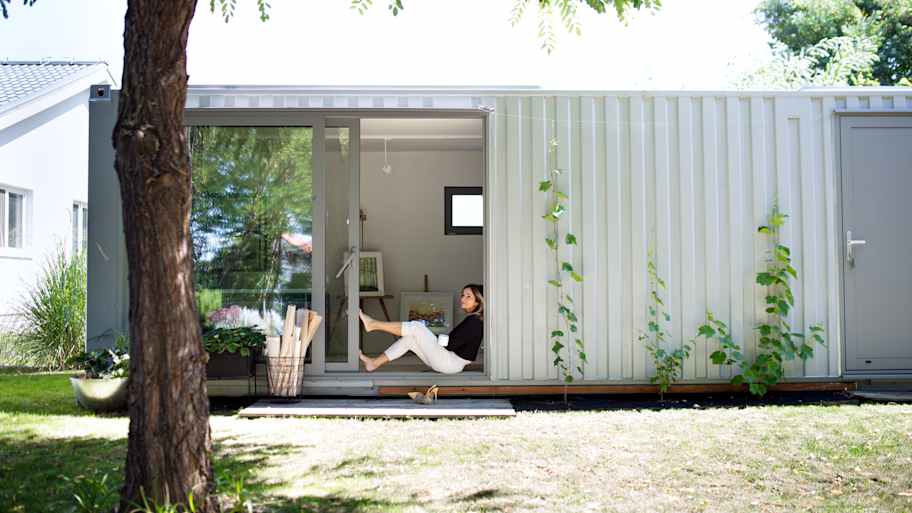
Building a home and looking to go as green as possible? Learn about the cost to build a green home and how energy-efficient features will affect the total.
When calculating overhead, you'll need to account for general conditions costs, which can range from trailers to permits


When it comes to new home construction, overhead can really take a bite out of profits. According to a recent National Association of Home Builders study, home builders enjoy an average gross profit margin of 19%. However, their average net profit—profits once all expenses are taken into account, not just direct construction costs like labor and materials—is just 7.6%.
It doesn't take much to cut even further into that margin if you aren't keeping your general conditions costs under control. But what are these costs, and how can you keep them in check? This guide breaks it all down for you.
General conditions in construction, specifically residential construction, refer to those miscellaneous costs that construction managers often overlook or don’t properly estimate in their budgets. This includes things like hooking up temporary utilities to a home under construction or spending time mapping out a scope of work for a new dwelling.
While most general contractors and home builders are laser-focused on typical construction costs—such as materials, labor, and equipment—you shouldn’t forget about general conditions costs. Otherwise, you risk budget overruns, unhappy clients, and dwindling profit margins.
Basically, general conditions are your overhead costs, and keeping them under control is one of the more challenging parts of running a construction project.
Can you skip general conditions costs? Absolutely not, and for one good reason: The term "general conditions" is essentially a catch-all category for any expenses that don't fall under the main categories of labor, materials, and so on.
After all, there are some costs you just can’t eliminate. For example, you might need to rent a job site trailer to manage your construction operation. Or you might need to buy building information modeling software to handle the three-dimensional rendering of the house you’re building.
However, you can reduce the amount of money you’re spending on general conditions costs. But to do so, you must thoroughly plan for the project and identify every possible expenditure to find saving opportunities. This will take a lot of work, but it will pay off at the end of the project.

General conditions costs are many and varied, so listing them all would be a daunting task. Here are a few significant costs you can expect for most construction projects.
New-build housing projects require temporary electricity and plumbing, so you must factor these costs into the project. You'll likely have to pay hook-up fees in addition to whatever the monthly costs of those utilities are.
Construction managers must get permits and pay all sorts of fees for a project, which differ greatly depending on the locality. The national average cost of a building permit is around $1,280. But the range can be huge—as much as $7,500 in some cities and as low as $150 in some small towns.
A project manager needs a place to work, and if there isn’t a good spot to do that at the job site, you must get a trailer. Depending on the size you need, renting a trailer can cost several hundred dollars per month. But buying a trailer outright may cost tens of thousands of dollars, depending on your needs. You’ll want to calculate what percentage of its life cycle was used for this project so you can understand the actual per-project cost of the trailer.
At the earliest stages of a construction project, when work is just getting started, you've got a lot of heavy equipment and materials to move into place. This can get expensive depending on what kind of home you're building and where. Estimate this cost carefully because this can have a wide range in terms of total price tag.
Once the project is over, you must clean up the site. That means cleaning up any dirt and debris, as well as hazardous waste and any other items left behind. You may need to hire a subcontractor to do this work.
The workers you employ at the construction site are an obvious expense, but what about your administrative staff? They may be responsible for several different projects throughout the year, so calculating how much time they're spending on this particular project may be more difficult. However, this is an expense you should not ignore.
If you haven’t done the requisite planning and budgeting for a project, general conditions can quickly inflate overhead and wipe out your profit margins, which is why it is so important to capture these costs.
It’s a lot easier to estimate how much you need in the way of materials or how many hours of labor are necessary to complete the project. Figuring out every miscellaneous cost is not nearly as easy and even with the best planning, you’re likely to be surprised by something.
While this is a solid list of what to expect regarding general conditions costs, it is not exhaustive. These costs will differ greatly depending on the contractor and the type of project. The only way to truly know if you’ve covered everything is to do your own research.
Ask yourself a few questions before your next project:
What costs did you run into during previous projects?
Are you likely to encounter them in this project, or is there a reason to believe you won’t?
What makes this project different from previous projects, and what additional costs might you expect as a result?
With those answers in hand, you can create a more exhaustive list than the one above.
General conditions costs are a good reminder to construction managers that three things reign supreme when tackling a new residential project: planning, planning, and planning.
Cutting corners because you don’t have enough time is not a good idea. You must make time at the outset of a project to protect your profit margins from cost creep throughout the project. Nothing beats finishing a project on budget with profit margins intact, so invest that time early to ensure your project’s success.
Get more jobs by signing up for Angi pro. Angi connects you with potential clients who are ready to book and gives you an easy way to manage leads, submit bids, accept payment, and more.
From average costs to expert advice, get all the answers you need to get your job done.

Building a home and looking to go as green as possible? Learn about the cost to build a green home and how energy-efficient features will affect the total.

Discover the outbuilding cost for your property. Learn about average prices, cost factors, and ways to save when building or renovating an outbuilding.

Discover the cost to build a workshop. Learn about price ranges, key cost factors, and ways to save on your new workspace project.

Container homes are trending as an eco-friendly, affordable path to homeownership. Here are the pros and cons of container homes before you commit.

Looking to compare a mobile home vs. a tiny home? Here, we share the significant differences, including the best lifestyles for each home type.

Are you considering building your next home? This guide explains the difference between a spec home vs. custom home so you can make an informed decision.